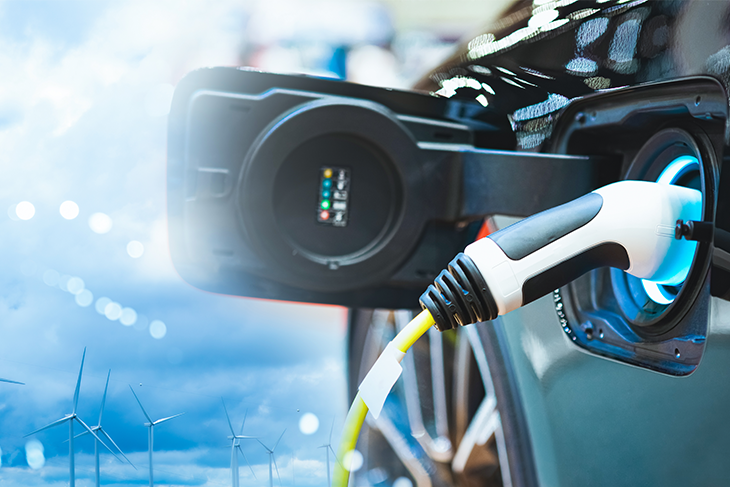If you have been looking to change your car for the first time in a while, you might encounter an option that wouldn’t have been as widely available 5-6 years ago – an EV. What exactly is an EV and is it the right option for you? Here’s our Creditplus guide to explain all you need to know.
What is an EV?
An EV is an electric vehicle. In simple terms, this is a car that does not require petrol or diesel to run, and uses an electric motor rather than a combustion engine to power its drive.
What types of EV are there?
While there is only really one kind of electric vehicle, two other types of vehicle are often grouped together with this kind of car.
An electric vehicle (EV) is one that is solely powered by an electric motor. It has to be plugged in to recharge its battery.
A PHEV is a plug-in hybrid electric vehicle. Like an EV, you can plug it in to charge the battery. But it also has a combustion engine installed that provides power from a regular fuel source. As a result, the battery range on this kind of car is smaller, because there is less space for the electric motor and battery pack.
The third and final kind of car often associated with EV is a hybrid vehicle. It is a mixture of an electric motor and combustion engine, however you do not plug in the vehicle to recharge the battery. Instead the battery is recharged through the car’s motion, meaning you will need to expend fuel to recharge the batter.
What are the benefits of an EV?
The biggest benefit of an electric vehicle is economically. One of the most expensive parts of driving is having to visit the petrol pump once or twice a week. The amount of money you can save, especially when fuel prices fluctuate as much as they do, can save you hundreds of pounds per year.
Another benefit of electric vehicles is environmentally. If you are concerned about your carbon footprint, then choosing an electric vehicle is common sense. You will be cutting your emissions and perhaps make you feel less guilty about using your car.
Because they run on electric motors, EVs also tend to be a lot quiet drive. This can make a big difference to comfort levels. Electric engines are also smaller than combustion engines, and so you can find that cars have more interior space or a bigger boot.
Another benefit is the changing face of UK driving industry. The government has pledged to switch to electric vehicles exclusively by the end of the decade. Some city centres are already banning diesel cars. That could soon be extended to regular petrol cars too.
What do I need to consider before buying an EV?
The thing you need to consider most when buying an EV is the car’s range. Each model’s battery will hold a charge for a set amount of miles. So you will need to calculate how many miles you are likely to do each day and see if the range is suitable for you. Of course, the number of charging points is growing all the time, but it still takes more time than refuelling at a petrol pump. It might be that you have to wait a little longer for a full EV, and go for a hybrid or PHEV for the time being.





 Facebook
Facebook Twitter
Twitter Instagram
Instagram LinkedIn
LinkedIn Youtube
Youtube